Nutrition Tips for Seniors with Dietary Needs
Note: This is for informational purposes and should not be mistaken for medical advice. Please consult a physician or other medical professional or specialist for all health matters.
As we age, nutrition plays a bigger role in maintaining strength, energy, and overall well-being. But for older adults, it’s not always about eating more—it’s about eating smarter, especially when dietary needs become more specific.
Senior nutrition tips are about balance, simplicity, and enjoyment, from managing sodium intake to supporting cognitive health. A supportive environment with thoughtfully prepared meals helps older adults make good daily choices.
At The Village Senior Living in Tacoma, WA, nutrition is part of our approach to supporting whole-person wellness. We explored this in our post on how nutrition, recreation, and wellness intersect in senior living, and today, we’re diving deeper into practical ways seniors can maintain a healthy, enjoyable diet.
Why Nutrition Matters More With Age
Nutritional needs shift over time. Metabolism slows down, appetite may change, and certain medications or conditions can affect how the body processes food.
According to the National Institute on Aging (NIA), older adults often need fewer calories but more nutrients to maintain a healthy weight, muscle strength, and overall wellness. That means every bite counts, and nutrient-dense foods become even more essential for aging well.
Some common concerns that affect senior diets include:
- High blood pressure
- Diabetes
- Digestive issues
- Weight loss or muscle loss
- Reduced sense of taste or smell
A thoughtful meal plan can address these challenges without sacrificing flavor or enjoyment.
Senior Nutrition Tips to Support Daily Wellness
Here are simple, practical tips that older adults and caregivers can use to improve daily eating habits and overall well-being:
1. Focus on Variety
Include colorful fruits, vegetables, whole grains, and lean proteins. A varied plate boosts nutrient intake and makes meals more enjoyable.
2. Limit Added Salt and Sugar
Excess sodium and sugar can worsen conditions like hypertension or diabetes. For flavor, choose herbs and spices, and opt for naturally sweet foods like fruit.
3. Stay Hydrated
Many seniors experience reduced thirst, which can lead to dehydration. The Mayo Clinic recommends drinking water regularly with meals, during physical activity, and when you feel thirsty.
4. Include Fiber-Rich Foods
Fiber supports digestion and helps regulate blood sugar and cholesterol. Add oats, beans, fruits, vegetables, and whole grains to meals.
5. Balance Portion Sizes
Smaller, more frequent meals can help maintain energy and appetite. It’s not about eating more, it’s about eating right.
6. Support Bone Health
Calcium and vitamin D are essential for strong bones. Sources include dairy, fortified milk alternatives, leafy greens, and fish like salmon and sardines.
Special Diets: What If a Senior Has Restrictions?
At The Village, our culinary team works closely with residents to accommodate:
- Low-sodium or optional carb
- Soft or texture-modified meals
- Dietician Approved
Our team prepares meals that prioritize health and feature enjoyable and familiar flavors.
How Community Dining Supports Better Eating
Many older adults find that mealtimes become more enjoyable when shared with others. At The Village, residents dine in inviting spaces where conversation and community feel as natural as the food on the table.
- Meals offer both nourishment and daily structure
- Dining areas are designed for comfort and connection
- Each meal balances nutrition, taste, and ease
Supporting Loved Ones With Nutritional Needs
If you’re caring for an older adult at home or helping a loved one transition to a senior community, you can:
- Encourage regular mealtimes
- Prepare small, nutritious snacks
- Watch for signs of malnutrition (e.g., fatigue, confusion, weight loss)
- Consider a nutrition-focused senior living community
Nutrition, Wellness, and Community at The Village Senior Living in Tacoma, WA
Every resident has unique preferences and dietary needs. At The Village Senior Living in Tacoma, we provide flexible, nutritious, and enjoyable meals that support each person’s lifestyle and wellness goals.
Whether your loved one is managing a health condition or simply looking to eat better with less effort, our team is here to help, one meal at a time.
For more on our wellness-focused lifestyle, visit our recent post on wellness in senior living.




